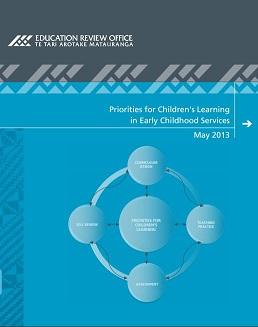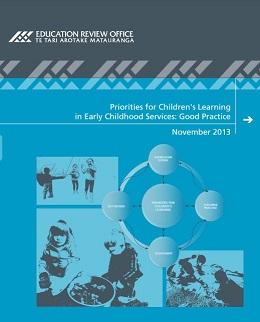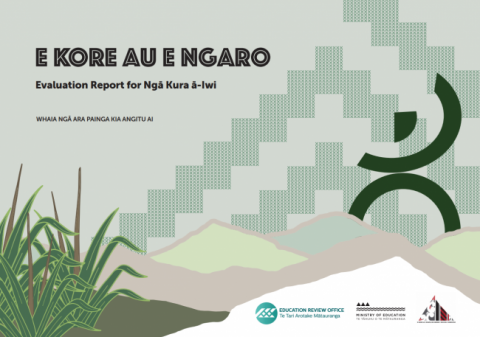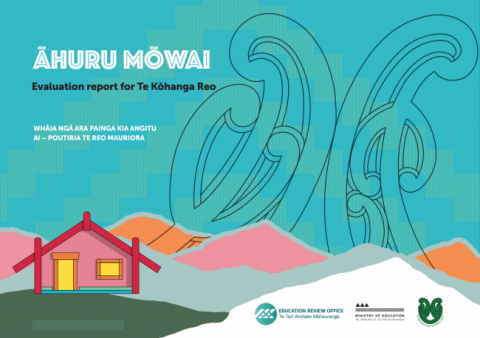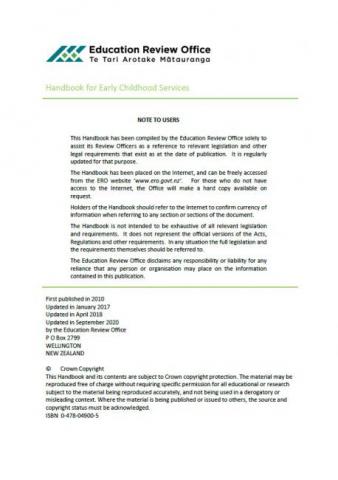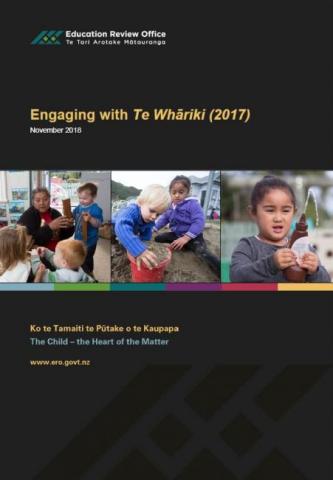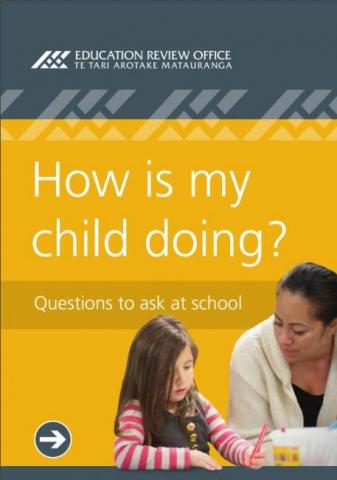Early Learning Curriculum
Published: 31 Oct 2016
This retrospective study synthesises findings from 17 national reports about curriculum implementation in early learning services, published over the last 10 years.
- Audience:
- Early learning
- Parents
- Content type:
- Research
- Topics:
- Te Whāriki
- Early learning
- Diversity
- Bicultural curriculum

